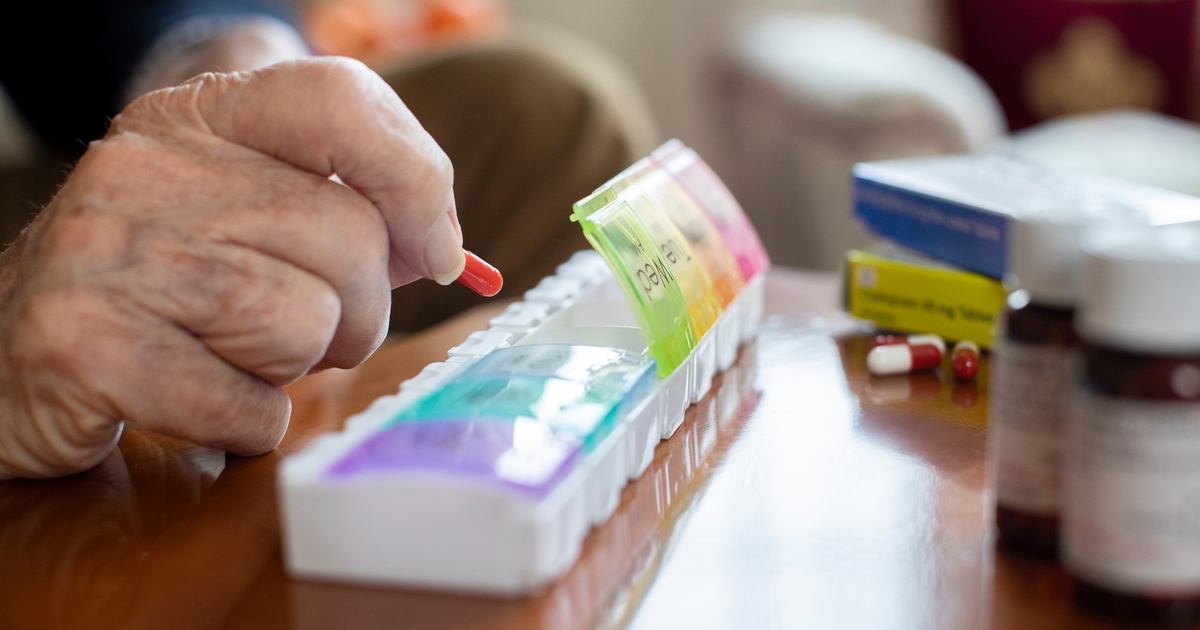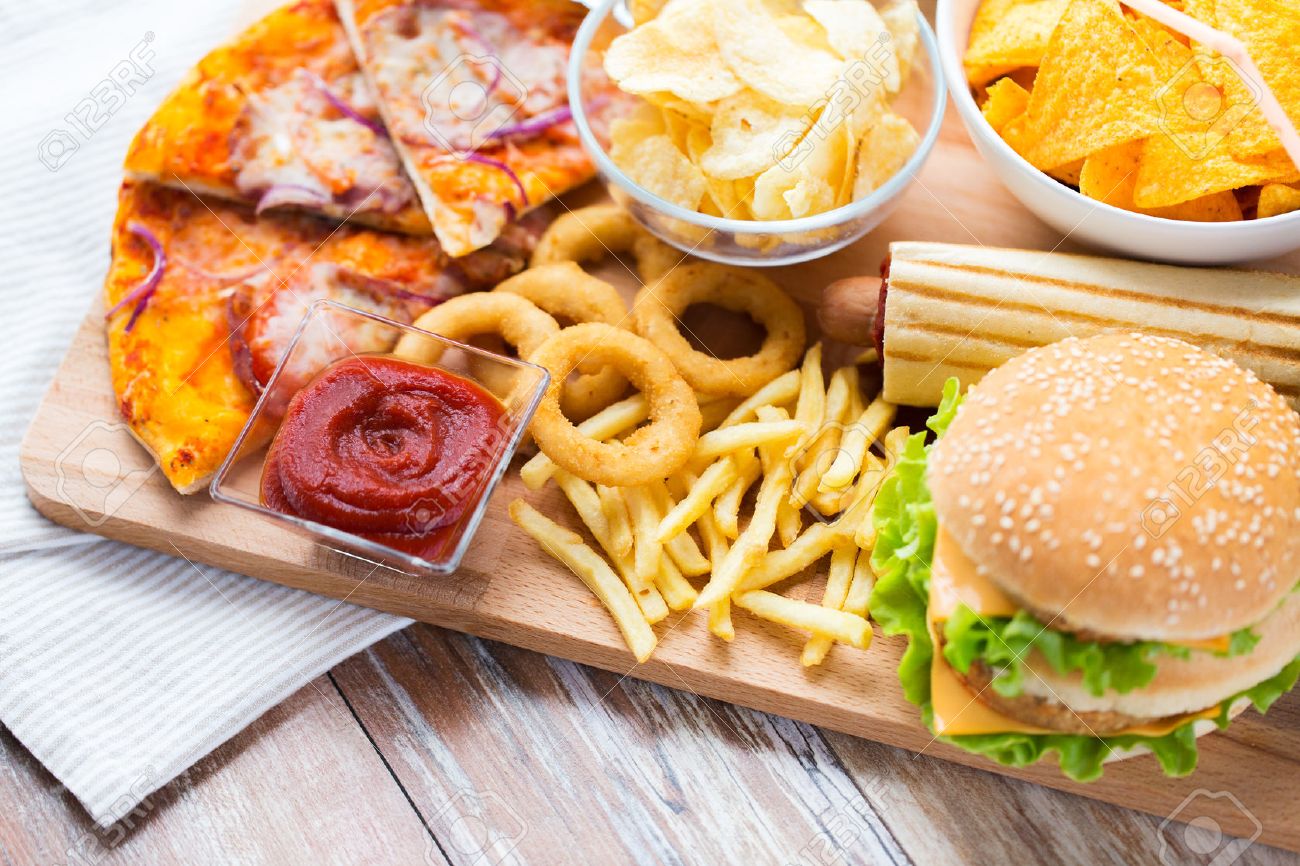Dr Richard Nahas Shares the Do’s and Don’ts of Storing Medicine

Introduction
According to Dr Richard Nahas, half of all Canadian adults between 18 and 79 use at least one prescription medication monthly. That’s why the medicine cabinet has become a regular part of life. However, it’s essential to store your pills safely. Let’s check out the dos and don’ts of keeping medicine.
The Details
- Do store medicine away from heat and humidity – It’s important to stash it away from a highly humid and hot environment. That’s why bedrooms and living rooms are great places to store the medicine. They are usually cool and dry, unlike the bathroom, kitchen or basement. Moreover, they are easily accessible.
- Don’t keep a medicine cabinet – Since it’s called the medicine cabinet, this tip may sound counter-productive. However, a medicine cabinet is the last place you want to store medicines. Excess humidity, heat and drastic temperature swings in bathrooms can damage medicines and also reduce their effectiveness. So, whether it’s a medicine cabinet or any other storage compartment, you shouldn’t stash medicines in the bathroom.
- Do safely dispose of medicines when they expire – Safe disposal of expired medicines is very important. Read the label to check if the manufacturer has specified any disposal method. If no methods are listed, it’s best to drop expired medicine at your local pharmacy any time of the year. Otherwise, there are take-back programs run by local police forces and municipalities.
- Don’t keep or use expired medicine – Medicine isn’t like food. The best before dates on food products doesn’t indicate that you shouldn’t consume the food after that date. It just means that the taste or nutritional content may deteriorate. You won’t get sick by consuming a pack of potato chips one day after the best before date. On the other hand, medicines only come with “use-by dates”. Using them after that date may have harmful consequences.
- Do store medicine out of reach of children – Each time you use a certain medicine, make sure to store them away in cabinets or storage compartments that are high and out of reach of children. Apart from that, you also need to lock the caps of used medication and don’t leave it unattended by a sick child’s side. If you hire babysitters or have guests, make sure that they do the same and keep medicines up and away after every use.
- Don’t put medicine in checked baggage during travel – Airport check-in and cargo handling doesn’t have the best reputation. They steal, mismatch things and create trouble to maintain the security theatre effect. That’s why it’s important to not put medicine in checked baggage. Instead, keep them in their original containers in your personal baggage. That way you won’t have any trouble at pre-flight screenings.
Conclusion
Dr Richard Nahas suggests that you use the tips mentioned above to store your pills, injection and other medication safely. While you may get mildly sick from drinking rotten milk, popping pills out of expiry date may have significant consequences.



